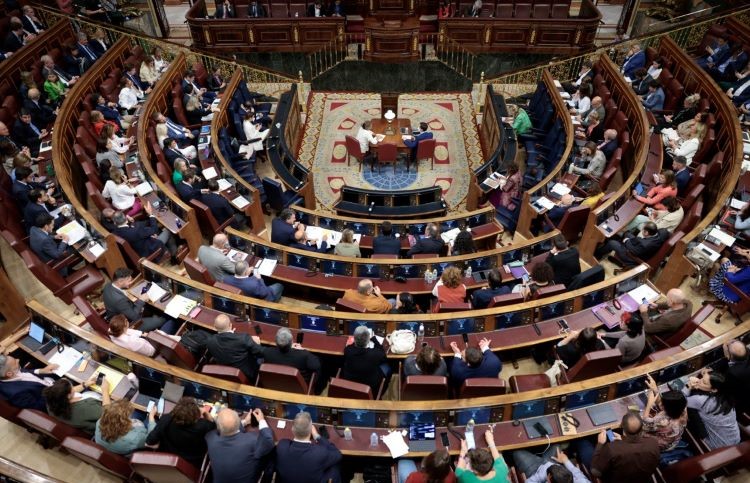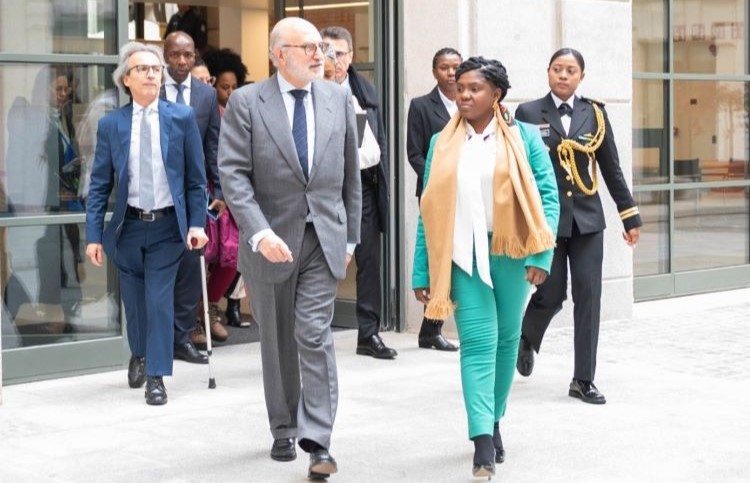The Diplomat
The Congress approved yesterday, by 201 votes in favor, 52 against and 94 abstentions, the Draft Law on Cooperation for Sustainable Development and Global Solidarity, so the initiative is sent to the Senate to continue its parliamentary processing.
The text to which the Lower House has given the green light includes the opinion issued by the Foreign Affairs Committee on November 14 with amendment 91 of the Popular Parliamentary Group, which adds a new principle of action within the framework of the Spanish policy of cooperation for sustainable development: “the promotion and support of education and educational projects as a fundamental vector for personal growth and development and that of the population of the recipient country as a whole”.
The new regulation, which the Government wishes to bring forward this year, updates the current Law on International Cooperation for Development of July 7, 1998 and has, as its main objective, the modification of the Spanish Cooperation system, which contemplates the reform of the Spanish Agency for International Cooperation for Development (AECID), the establishment of the new Cooperant Statute, the regulatory development of financial cooperation through a regulatory framework of subsidies to provide the system with “greater efficiency and agility” and the creation of new instruments to improve evaluation, monitoring and accountability.
It also provides for the creation of the Spanish Fund for Sustainable Development (FEDES), a financial cooperation instrument that will assume the functions of the Fund for the Promotion of Development (FONPRODE). Likewise, the future regulation would give “legal status to Spain’s commitment to allocate 0.7% of GNI to Official Development Assistance (ODA) by 2030”, according to the Government. Among the geographical priorities of Spanish Cooperation, the draft law includes the Sahel for the first time and maintains the traditional areas, including Latin America and the Caribbean. Likewise, aid will be reinforced in the event of unforeseen crises.
During its passage through committee, the following have been added as objectives of the law: “protection of women, adolescents and girls against sexual and gender-based violence”, “the rights of children and adolescents with a gender approach”, their “protection against all forms of violence, in particular female genital mutilation”, “free and equal access to basic social services” and the promotion of “their effective participation in economic, political and social decision-making spaces, as well as in peacekeeping operations and peace processes”.
Also among the newly drafted objectives is the “protection and promotion of the rights of LGBT people worldwide” to “eliminate the criminalization of homosexuality worldwide” and the “support for the economic, social and cultural development of indigenous and Afro-descendant peoples through the fight against all forms of exclusion”, as well as “the defense and promotion of their rights”.







